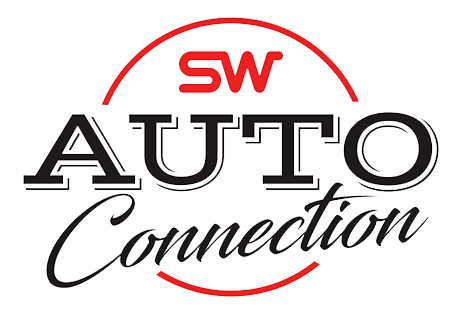Used Car Financing 101: What You Need to Know
Financing a used car can be a straightforward process if you understand the key components involved. Whether you're a first-time buyer or looking to upgrade your vehicle, knowing how to navigate the financing landscape is essential. This guide will provide you with the information you need to make informed decisions and secure the best financing options available for your used car purchase.
Understanding Your Budget
Before you start shopping for a used car, it's crucial to determine your budget. Consider how much you can afford for a down payment and what monthly payment fits comfortably within your financial situation. Remember to factor in additional costs such as insurance, maintenance, and fuel. By establishing a clear budget, you can narrow down your options and avoid overspending.
Types of Financing Options
There are several financing options available for used car purchases, including bank loans, credit unions, and dealership financing. Each option has its pros and cons, so it's important to compare interest rates, loan terms, and repayment plans. Researching these options will help you find the best deal that suits your financial needs and credit situation.
The Importance of Credit Scores
Your credit score plays a significant role in determining your financing options and interest rates. Lenders use your credit score to assess your creditworthiness, which can impact the terms of your loan. It's advisable to check your credit report before applying for financing and take steps to improve your score if necessary. A higher credit score can lead to lower interest rates and better financing terms.
Getting Pre-Approved
Getting pre-approved for a loan can give you a better idea of your budget. Pre-approval involves a lender reviewing your financial information and providing you with a loan amount and interest rate before you start shopping for a car. This process can save you time and help you focus on vehicles within your price range.
What to Look for in a Used Car
When shopping for a used car, it's essential to consider factors such as the vehicle's history, mileage, and condition. Look for a car that has been well-maintained. Additionally, consider getting a vehicle history report to check for any past accidents or issues. Taking the time to research and inspect potential purchases can save you from costly repairs down the road.
Finalizing Your Purchase
Once you've found the perfect used car and secured financing, it's time to finalize your purchase. Review the loan agreement carefully, ensuring you understand all terms and conditions. Don't hesitate to ask questions if anything is unclear. After signing the paperwork, you'll be ready to drive off in your new-to-you vehicle, confident in your financing decision.

